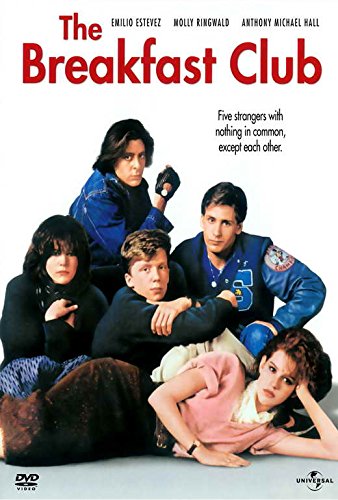
by Peter Diamond
This summer I spent a good deal of time studying for the SAT test, an experience that opened my eyes to the questionable realities of standardized testing and the college admission process. I had always heard rumors that the SAT test provides an unfair advantage to upper class students with the ability to pay for tutoring sessions, preparatory classes, and the myriad of literature covering every SAT-related topic, from writing a perfect essay in 25 minutes to memorizing thousands of vocabulary words. I’ve come to believe these rumors to be true.
I realized that companies such as Princeton Review and Kaplan have thrown the competition by attempting to fix something that may not be as broken as many of us may think it is. In a way, SAT prep companies racketeer—they offer advice and courses to heighten the competition, thus making their services all the more necessary. It’s a clever business strategy that creates an unnecessary disadvantage for those who cannot pay for such preparation.
In fact, Princeton Review and Kaplan put colleges at a disadvantage. As I see it, the SAT test exists as a resource that colleges use to assess our intelligence, level, quality of our education, and test-taking abilities, regardless of where we live or attend school. In a perfect world, everyone’s score would reflect his or her own intelligence and nothing else. However, the existence of expensive preparatory options has raised the bar, and only students who can afford it benefit.
Excellent colleges like Bowdoin and Brandeis are becoming test-optional. Therefore, I imagine that more schools may stop requiring students to submit the SAT test. Either the SAT test needs to adapt to transcend inequality, or the schools will need to oppose these issues in their admissions policies.
Read the previous installment of Topics in American Education here.












































